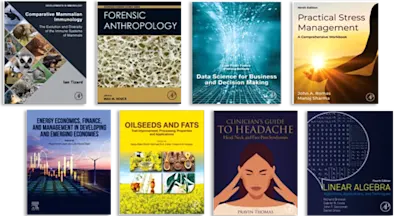
Ecotoxicology
The Study of Pollutants in Ecosystems
- 3rd Edition - April 30, 1999
- Imprint: Academic Press
- Author: Frank Moriarty
- Language: English
- Paperback ISBN:9 7 8 - 0 - 1 2 - 5 0 6 7 6 3 - 8
- eBook ISBN:9 7 8 - 0 - 0 8 - 0 9 2 4 9 0 - 8
Ecotoxicology, Third Edition discusses the ecological effects of pollutants: the ways in which ecosystems can be affected, and current attempts to predict and monitor such effe… Read more
Purchase options

Institutional subscription on ScienceDirect
Request a sales quoteEcotoxicology, Third Edition discusses the ecological effects of pollutants: the ways in which ecosystems can be affected, and current attempts to predict and monitor such effects. The emphasis is on ecosystems; therefore toxicological approaches are critically assessed.
Following a brief introduction to the principal characteristics of both pollutants and ecosystems, the various ecosystem components are considered in more detail. Populations, communities and gene pools are examined with an emphasis on the ways in which pollutants affect them specifically. The indirect effects of pollution are considered separately in a new chapter with particular attention paid to the mechanisms and biological effects of global warming. A discussion of the methods used to predict and to monitor the effects of pollutants, some illustrative examples of pollution problems and a final summary discussion, complete the book.
- A classic proven by its second edition
- Still the only book to properly integrate ecological principles with chemistry/biochemistry
- Focuses on the interaction between ecology and toxicology
- Designed for use by toxicologists with no ecology training, and for ecologists with no toxicology training
- There is a new chapter on pollutants in habitats and global warming
Communities.
Genetics of Populations.
Effects on Habitats.
Effects on Individual Organisms.
Predictions of Ecological Effects.
Monitoring and Assessment.
Case Studies.
Conclusions
- Edition: 3
- Published: April 30, 1999
- Imprint: Academic Press
- Language: English
- Paperback ISBN: 9780125067638
- eBook ISBN: 9780080924908
FM